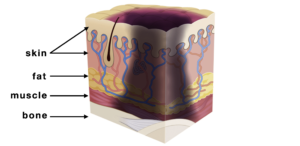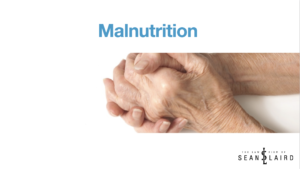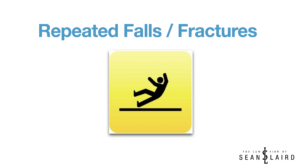Bedsores: Prevent and Treat Pressure Sores in the Elderly
Elderly pressure sores – a common indicator of elder neglect in Sacramento nursing homes or assisted living facilities – require the coordination of a care team to treat the ulcers. When the bed sore is initially staged, a primary care physician has to be involved and usually coordinates the care plan with a wound care consultant and the treating team. Elder neglect pressure ulcers may also require the services of a surgeon to remove the necrotic (dead) tissue in order to lower the risk of serious conditions like infection. Other bedsore treatment, provided by nurses or assistants, involves cleaning and dressing the wounds. All of this requires time and coordination by a caring staffing and the patient and his/her family should be involved in the coordination of care of the pressure wound along the way.
 Unfortunately, elderly pressure sores affect about one of 10 nursing home residents, according to “Pressure Ulcers Among Nursing Home Residents,” a study by the Centers for Disease Control and Prevention. Of the various stages of pressure sores, a stage 2 bedsore is the most common wound statistically. Physical elder neglect is prevalent, with only about one third of residents with stage 2 sores receiving adequate wound care. The remaining elder neglect pressure ulcers often lead to significant problems.
Unfortunately, elderly pressure sores affect about one of 10 nursing home residents, according to “Pressure Ulcers Among Nursing Home Residents,” a study by the Centers for Disease Control and Prevention. Of the various stages of pressure sores, a stage 2 bedsore is the most common wound statistically. Physical elder neglect is prevalent, with only about one third of residents with stage 2 sores receiving adequate wound care. The remaining elder neglect pressure ulcers often lead to significant problems.
Risk factors for elderly pressure sores include poor nutrition, so proper intake of fluids and healthy foods can help prevent elder pressure ulcers. Preventing elder neglect pressure ulcers can take other forms, as well, such as wheelchairs that redistribute pressure by using customized cushions. In addition to bedsore treatment, good health care for the elderly also involves preventive measures such as frequent skin inspection. This vigilance can help reduce physical elder abuse and neglect.
Elderly pressure sores are preventable in the Sacramento nursing home settings. Stages of bed sores need monitoring, and bedsore treatment should be offered whenever necessary. As part of reducing physical elder neglect and abuse, caregivers must receive bedsore prevention education – that is – they should be well trained and well supervised. Addressing elder neglect pressure ulcers is essential to improve the state of health care for our frail elderly.
If your loved one has developed a pressure ulcer, bedsore or pressure wound at a facility, contact us immediately.





Comments are closed.